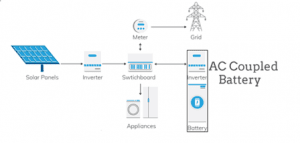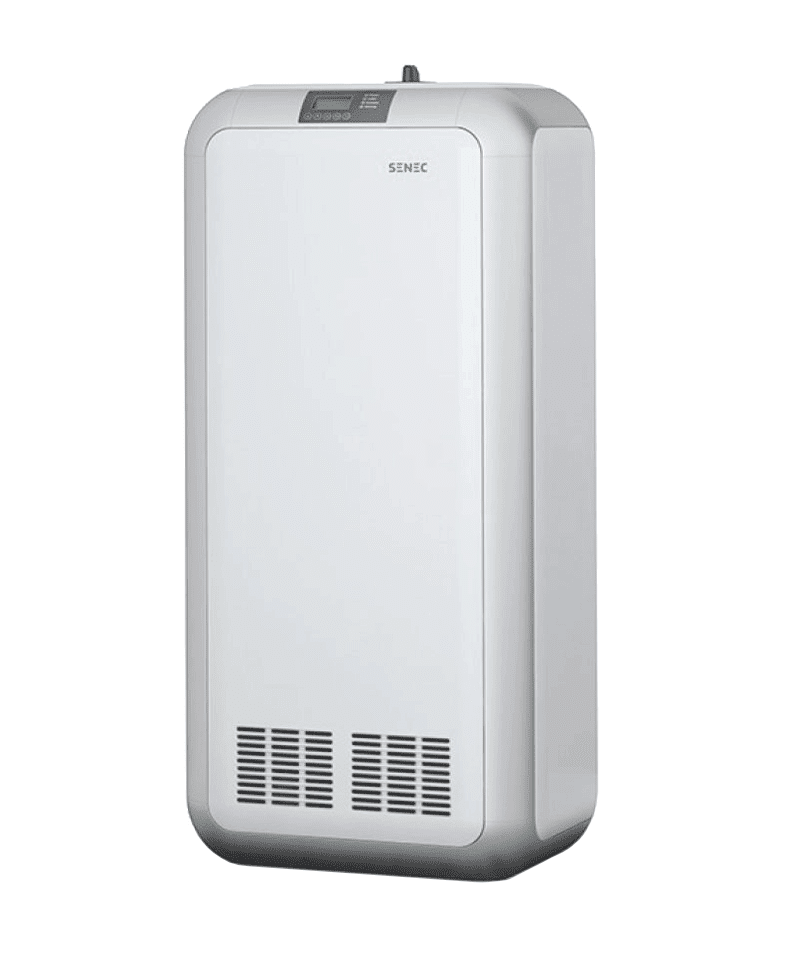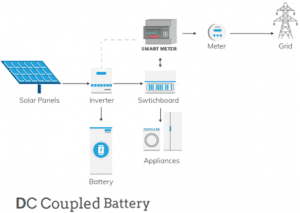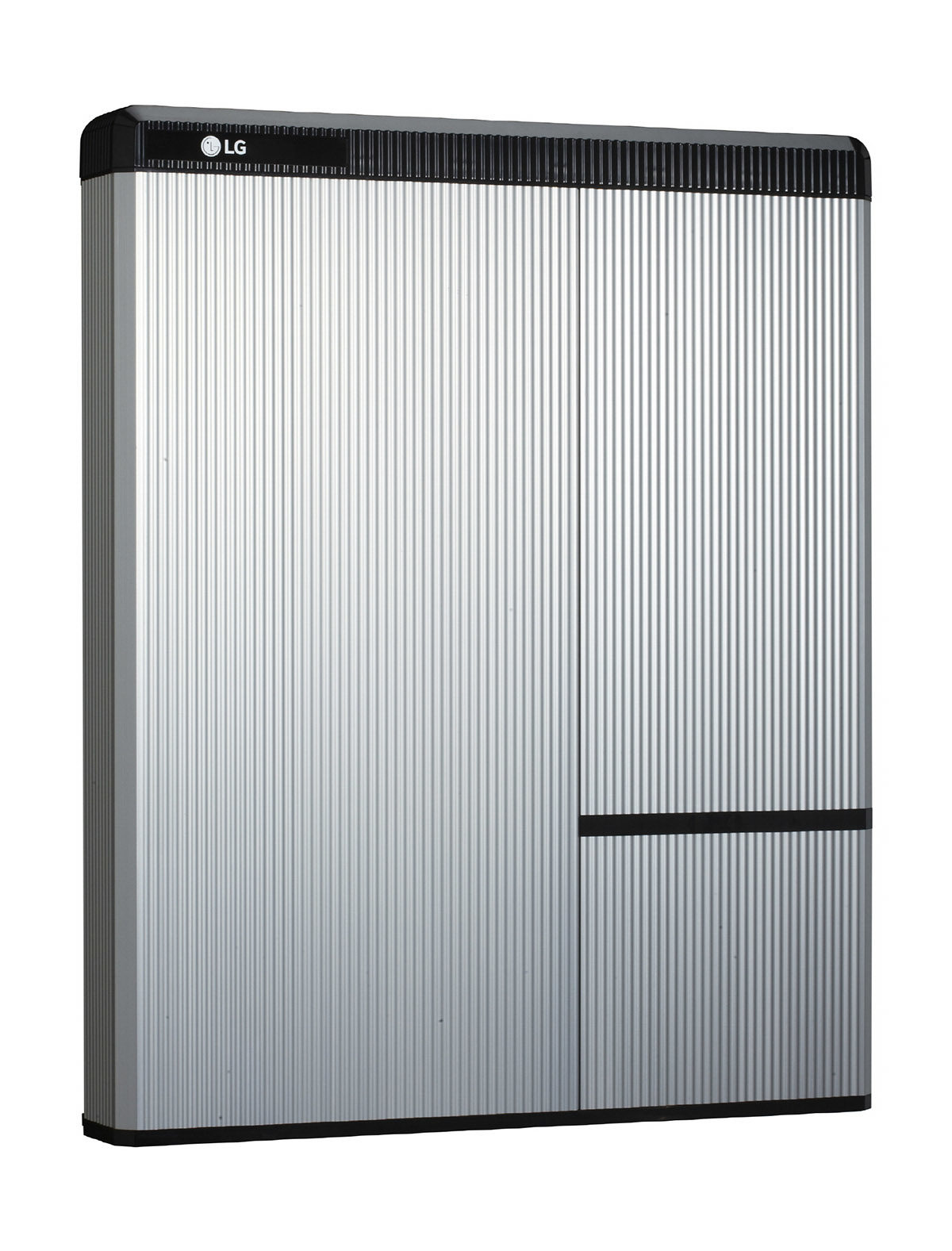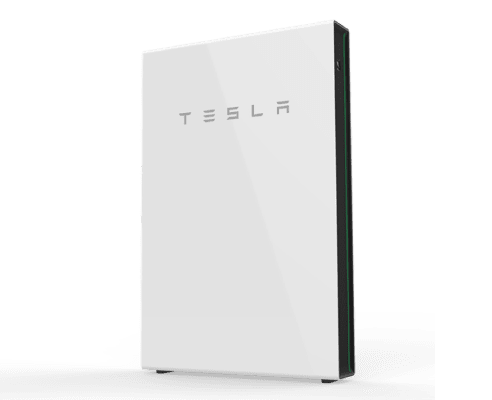
Can I add batteries to this system?
This is a question we get asked often as batteries become a popular addition to residential and commercial solar systems.
When wiring these batteries to a new or an existing solar system, there are two main methods to do so: AC Coupling and DC Coupling. They both have advantages and disadvantages. This article will discuss the details of each method, and also compare both techniques.
A bit of a background on the difference between DC (Direct Current) and AC (Alternating Current):
Solar Panels generate DC power that is transformed into AC power to be used in your home. Solar Batteries store electricity in the form of DC power.
AC-Coupled System:
In an AC-Coupled system, the solar panels will produce DC power which flows to the solar inverter which in turn converts it to AC power. This AC power will then flow to the house appliances, and any surplus power will flow to the battery system. The battery system will have an inbuilt inverter charger which will convert this AC power to DC power for storage. This battery system will use CTs inside the switchboard to measure the solar production and the home consumption and react accordingly to charge or discharge.
For example, if it measures that the Solar Production is higher than the consumption, then it will start charging. Similarly, if it measures consumption higher than Solar Production, if storage is available, then it starts discharging to meet needed power. If the battery is empty, then the grid will provide any needed power.
Please note, this AC-Coupled Battery can generally be integrated to any system with any inverter brand/model, as it is not cabled directly to the inverter.
Advantages and Disadvantages of AC-Coupled Battery:
Advantages
• Ease of installation and retrofit to any existing solar PV system.
• Battery can be charged from both Solar Power and Grid.
• Power can be provided from full inverter capacity PLUS full battery discharge power. For example, if the inverter is a 5kW unit, and the battery has a discharge power of 3kW, then if consuming 8kW in the house, it will all be free energy
Disadvantages
• Stored electricity will be converted three separate times before being used by home appliances, resulting in some small efficiency losses.
Examples of AC-Coupled Batteries: Tesla PowerWall 2, SENEC V3, REDBACK Smart Battery and others.
DC-Coupled System:
In an DC-Coupled system, the solar panels will produce DC power which flows to the Solar inverter, which will then either charge the battery and/or supply the house appliances. The inverter will be connected through a communication Cable to a Smart Meter measuring the consumption in the house. If it finds that the Solar Production is higher than Consumption, then it will ask the inverter to only convert needed power from DC to AC, and any excess will flow to the battery. Similarly, when the Smart Meter measures a High Consumption compared to the Solar Production, then all the production will be converted to AC Power in addition to available DC Power in the battery if needed.
Please note, this DC-Coupled battery will have to be compatible with the Inverter Model installed. The inverter will have to be a Hybrid Model.
Advantages and Disadvantages of DC-Coupled Battery:
Advantages
• More efficient than AC-Coupled as conversion from DC to AC only happens once
Disadvantages
• More complicated to install which can increase installation time and costs
• DC Coupled Batteries often require a compatible Hybrid Inverter or additional hardware to add to an existing Solar PV System.
• Power can only be provided from inverter capacity. For example, if the inverter is 5kW unit, that is the maximum you can get regardless if Solar is producing 5kW and the battery is full. In case of a consumption of 8kW in the house, only 5 kW can be supplied by the inverter, and the other 3kW will be purchased from the Grid.
Examples of DC-Coupled Batteries: LG Chem, BYD, and others.
 In Summary: In our opinion
In Summary: In our opinion

